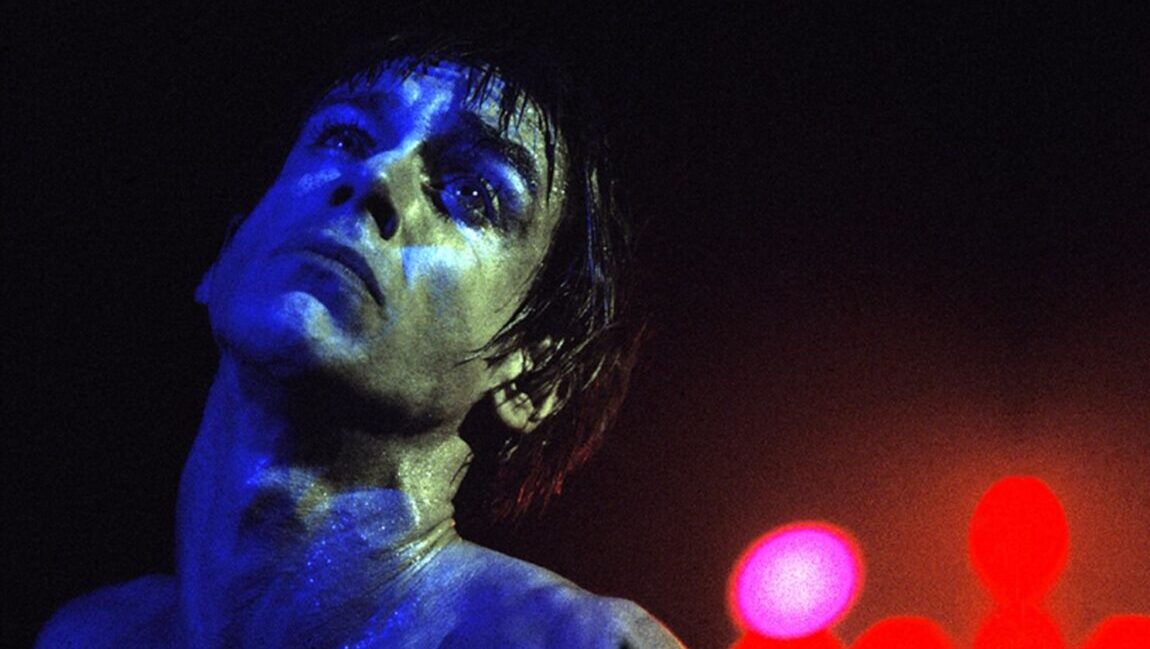Spiral fundamentally misunderstands the appeal of the Saw franchise, deviating from the series formula to remarkably diminished results.
Spiral: From the Book of Saw is but the latest attempt to reboot the infamous Saw franchise, a horror series so popular that it essentially kicked off the entire “torture porn” fad that gained popularity in the early aughts. Why just murder someone with a machete when you can create an elaborate Rube Goldberg system that will do it slowly and in greater detail, all for the edification of gore hounds around the globe? 2017’s Jigsaw tried and failed to give new life to the notorious, eponymous baddie, so it’s rather surprising that the screenwriters behind that dud, Pete Goldfinger and Josh Stolberg, were tasked with once again doing the seemingly impossible, with an assist from comedian and Saw superfan Chris Rock, who just happened to be sitting next to a Lionsgate exec at a wedding and shared his interest in getting a new incarnation off the ground. And so here we are with a new Saw film — in name only — one that seems more interested in its half-assed police procedural shenanigans than the series’ staple of blood and guts. Indeed, there are only a handful of kills in this latest chapter, and while it’s true that they are arguably far grislier than those found in the original films because of the MPAA’s increasingly lax attitude toward violence, the fact that they’re so limited here feels a bit like coitus interruptus.
As the title implies, Spiral is not a direct sequel to the Saw films proper, but simply a story in its universe, the connection mostly tangential. A possible Jigsaw copycat killer is targeting corrupt cops, forcing them to pay for the crimes they commit under the protection of the shield. Rock plays the only good detective left in the precinct, a target of abuse and ridicule by his co-workers due to his damning testimony against one particularly bad egg. Spiral is nothing if not topical, with its release coming at a moment where the public’s disdain and distrust with the boys in blue is at an all-time breaking point, and there’s something quite visceral and more than a little cathartic in watching a piece-of-shit cop get his comeuppance after shooting an unarmed civilian during a routine traffic stop. Yet, strip away this thin veneer of righteous anger, peel back the modicum of respectability earned by the appearances of Rock and Samuel L. Jackson — playing Rock’s father and former precinct captain — and what you’re left with is a pathetic Zodiac knock-off that doesn’t even have the courage to stand by its own convictions. Director Darren Lynn Bousman was responsible for a few of the better Saw sequels, namely parts 2–4, but his filmmaking here feels as tired as Jackson looks. The torture scenes feature that same jittery camerawork and stuttery editing we have come to expect (and hate), and the only novelty that Bousman brings is replacing the washed-out grays and blues of the original films with a healthy smattering of teals and oranges that makes the entire enterprise look like the Troma version of a Marvel film.
As a franchise face, Rock is literal new blood for the franchise, but the match is about as good as you’d imagine. The actor has never been known for his dramatic chops, and his performance here is yet another example of why; it’s honestly all a bit embarrassing, what with his attempts at tough-guy posturing, moments of slow-mo screaming, and some teary-eyed pleas for clemency. And yet, somewhat shockingly, these aren’t nearly as damning as Rock’s “comedic” bits, which sound like they were written while Clinton was still in office — there’s an entire three-minute monologue about Forrest Gump that even Jerry Seinfeld would find a tad behind the times. At another point, Rock talks about the ethics of calling women “bitches,” then makes a New Jack City remark. Lest anyone forget, this is a film in the Saw series… being released in 2021. Perhaps if this particular entry had delivered a twist ending — the very thing the series is known for, even in its weaker entries — more could be forgiven, but what’s offered is an anti-climactic letdown, a joke in search of a punchline. Spiral clearly wants to introduce audiences old and new to a hip new take on the series, one that eschews the mythos and plot machinations that made the original sequels borderline impossible to get through as a newbie. But by dumbing down the material to such a degree, Rock, Bousman, and co. have delivered a Saw film missing more than a few puzzle pieces. Perhaps we will have better luck in another four years, when Amy Adams runs into a studio executive at a bris.







